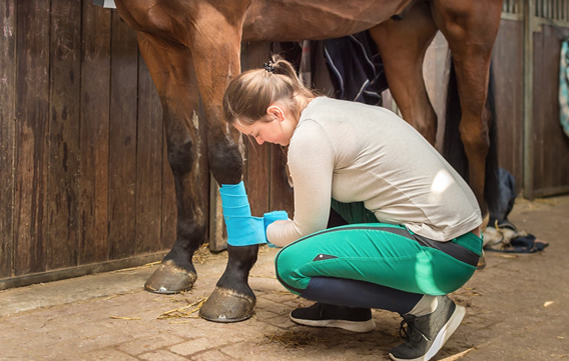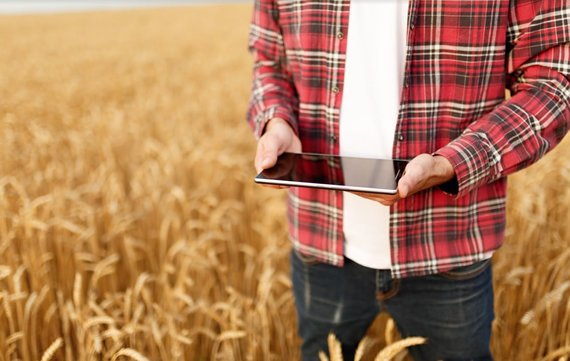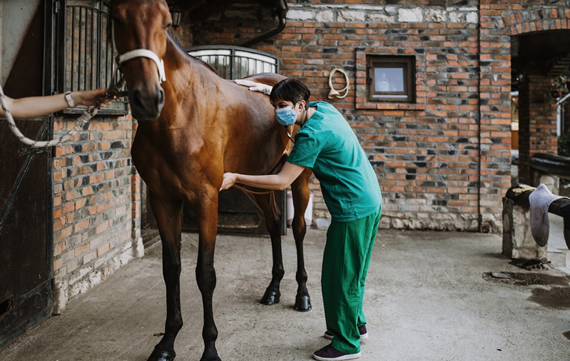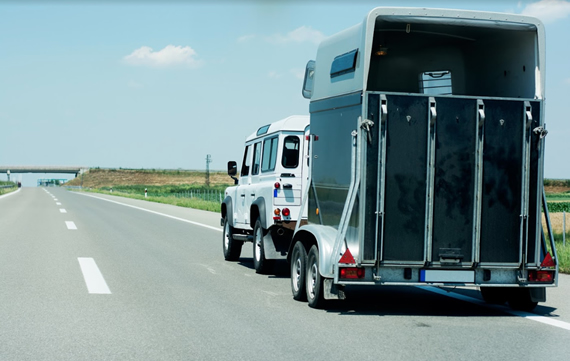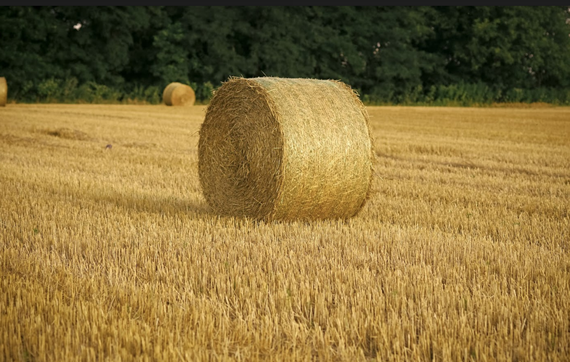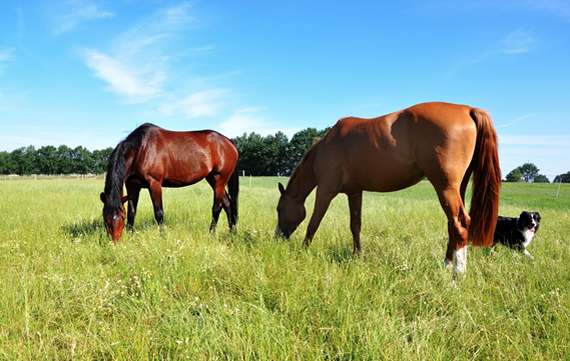
Horse owners
Biosecurity is good for horse health
Practicing good biosecurity means taking action to protect your horse or horses from the negative impacts of pests and diseases.
Being biosecure will help:
- Protect what you love
- Keep your horse and other horses healthy, and prevent the spread of infectious diseases. This is particularly important as some diseases that can infect horses can also be passed to people (zoonotic diseases)
- Prevent your horse carrying unwanted hitchhikers including cattle tick and diseases, when you transport them and attend events.
- Keep the Australian horse industry sustainable
Everyday horse ownership practices are all part of being biosecure. These include:
- Having the right licences, registrations and permits (including a Property Identification Code and council permits where needed)
- Taking care that new arrivals at your property are not infected or carriers of disease
- Taking precautions when you attend competitions or events to minimise direct contact with other horses
- Not sharing equipment, gear and feed at events
- Preventing the spread of disease and pests by checking materials and equipment for unwanted hitchhikers (such as ticks) when you enter and leave your property
- Educating visitors about the importance of biosecurity
- Having an emergency disease action plan.
The impacts are real
The equine influenza outbreak in 2007 is estimated to have cost government and industry $5.1 million per day. Horse racing across NSW was cancelled (including the Sydney Spring carnival) resulting in huge financial loss to the horse racing industry. There were associated losses for many small businesses including cafe and restaurant owners, taxi drivers and milliners.
The movement of horses across NSW was banned, adversely impacting NSW's horse breeding industry, pony clubs and our Olympic equestrian team.
The essentials
There are certain actions a horse owner MUST legally take in order to be biosecure. These are detailed in the Biosecurity Act 2015 and supporting legislation.
The laws cover things that are likely to have the biggest impact on our economy, environment or community. They include rules around:
- High risk and priority pests and diseases that MUST be reported - these are known as ‘notifiable pests and diseases’, ‘prohibited matter’ and ‘biosecurity events’
- Controlling the movement, treatment and importation of plants, feed and fodder
- Having the right accreditation, registrations, certificates and permits
Visit the Biosecurity policies and procedures page for more (including ‘Principles for management of animal biosecurity and welfare in NSW’ and ‘Hendra virus investigation and management)’.
Your general biosecurity duty
As well as prescribing the rules for high risk biosecurity matter, the Biosecurity Act 2015 includes a biosecurity duty for horse owners, and everyone who deals with biosecurity matter.
This means that all tiers of government, industry and the people of NSW need to work together to protect the economy, environment and community from the negative impacts of pests, diseases, and weeds and contaminants.
This means horse owners need to:
- know about their biosecurity risks
- know what action should be taken to manage these risks
- take effective action to manage the risks relevant to their situation.
Horse owners are also supported in managing biosecurity by Local Land Services, private veterinarians, community members and peak industry bodies.
Visit the General biosecurity duty page for more information.
Have a plan
The trick to managing biosecurity is that every horse owner will have different challenges and risks to manage based on location, seasonal conditions, activities, and the profile of your visitors.
A biosecurity plan can help you to identify the risks in your business and prioritise the biosecurity practices relevant to those risks.
Information on how to develop a farm management plan can be found at Farm Biosecurity.

